Types of Web Portals and Real-World Examples
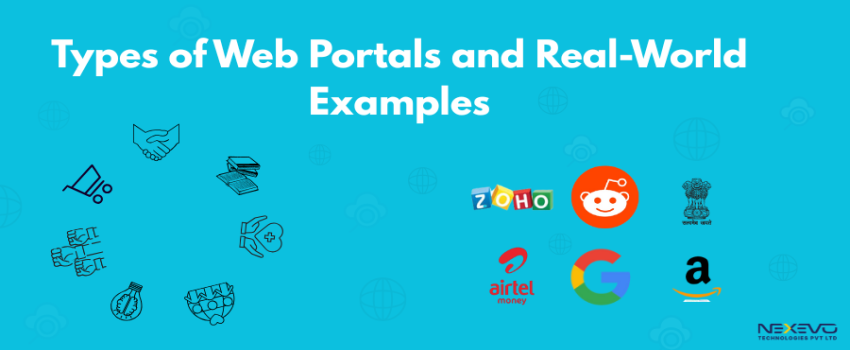
Introduction
In today’s digital-first world, web portals play a critical role in connecting users to centralized services, data, and tools. Whether it’s logging into your student dashboard, managing orders, or collaborating with a team, online portals offer a streamlined and secure experience tailored to different user needs.
This blog explores the most common types of web portals, their functions, and portal website examples to help you understand how businesses and institutions use them to enhance engagement and efficiency.
What is a Web Portal?
A web portal is a specially designed website that serves as a single point of access to various resources, services, and functionalities. Unlike traditional websites, web-based portals are dynamic, interactive, and often personalized based on user roles and access to data.
Key Features of a Web Portal:
Centralized access to content, tools, and services
- Secure login/authentication
- Integration with third-party systems
- Personalized user experience
Types of Web Portals with Real-World Examples
Let's explore the most common types of web portals with real-world examples from across industries, including corporate, e-commerce, educational, healthcare, and government. From self-service tools to customer and partner-facing platforms, these online portal websites showcase how web-based portals enhance communication, streamline processes, and deliver value. This guide also highlights key features and portal website examples perfect for understanding the role of internet portal sites in today’s digital ecosystem.
1. Corporate or Enterprise Portals
Corporate portals are secure web-based portals used internally by companies to streamline communication, manage documents, and provide employees with access to business tools. These online portals act as centralized hubs for HR resources, project dashboards, and internal announcements. They enable collaboration and increase productivity across departments.
Features:
- Dashboards
- document sharing
- internal tools
Portal website examples: IBM Employee Portal, SAP NetWeaver
2. Customer Portals
Customer portals are online portal websites designed to provide clients with 24/7 access to their data, support tickets, order history, and relevant documents. These types of web portals enhance customer satisfaction by offering a self-service experience with FAQs, live chat, and status tracking. Businesses benefit from reduced support overhead.
Features:
- Order tracking,
- live chat,
- FAQs
Web portal examples: Zoho Desk, HubSpot Customer Portal
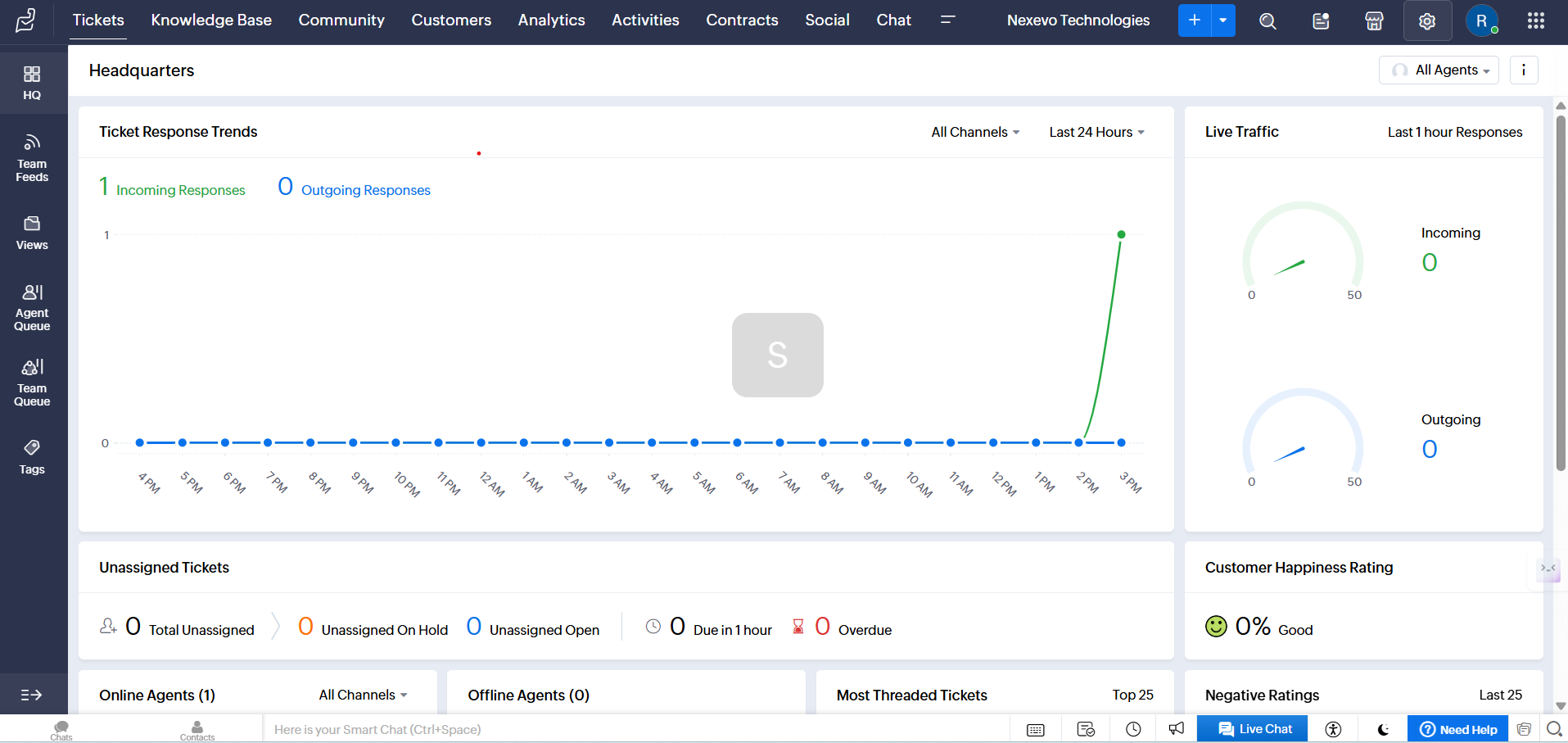
3. Partner Portals
Partner portals are internet portal sites that enable external business partners to collaborate efficiently. These portals offer access to marketing materials, sales tools, training documents, and performance tracking—all through a secure interface. This type of portal website helps build strong B2B relationships and streamline operations.
Features:
- Partner onboarding,
- marketing tools,
- shared resources
Portal web page example: Salesforce Partner Community
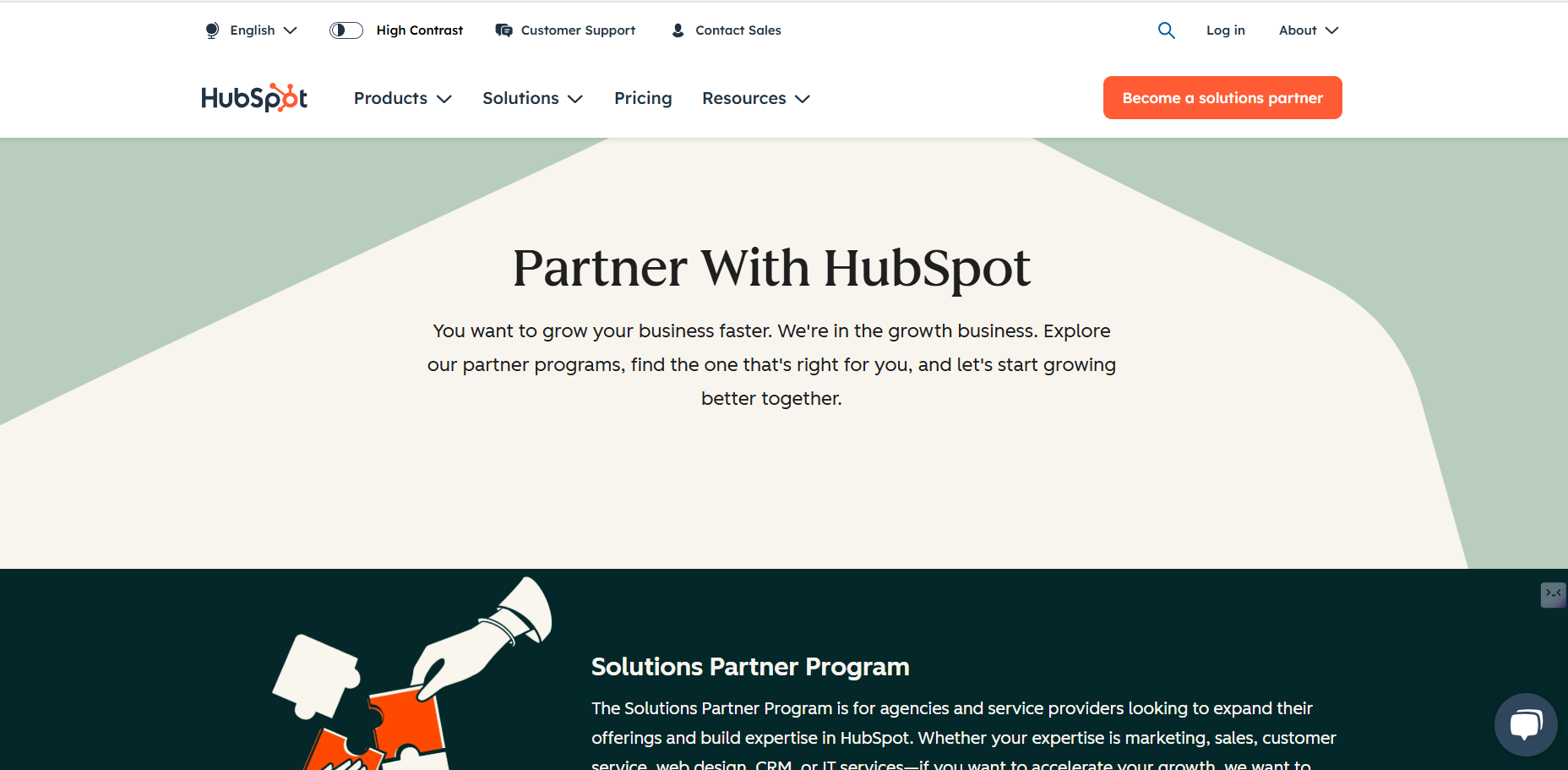
4. E-commerce Portals
E-commerce portals are web-based portals that bring together sellers and buyers into a single digital platform. These types of portal websites feature product catalogs, user reviews, secure payment options, and order tracking. They serve as a complete online portal website for managing the buying process.
Features:
- Product listings,
- user reviews,
- payment gateways
Portal website examples: Amazon, Flipkart, Alibaba
Reach us for e-commerce website development
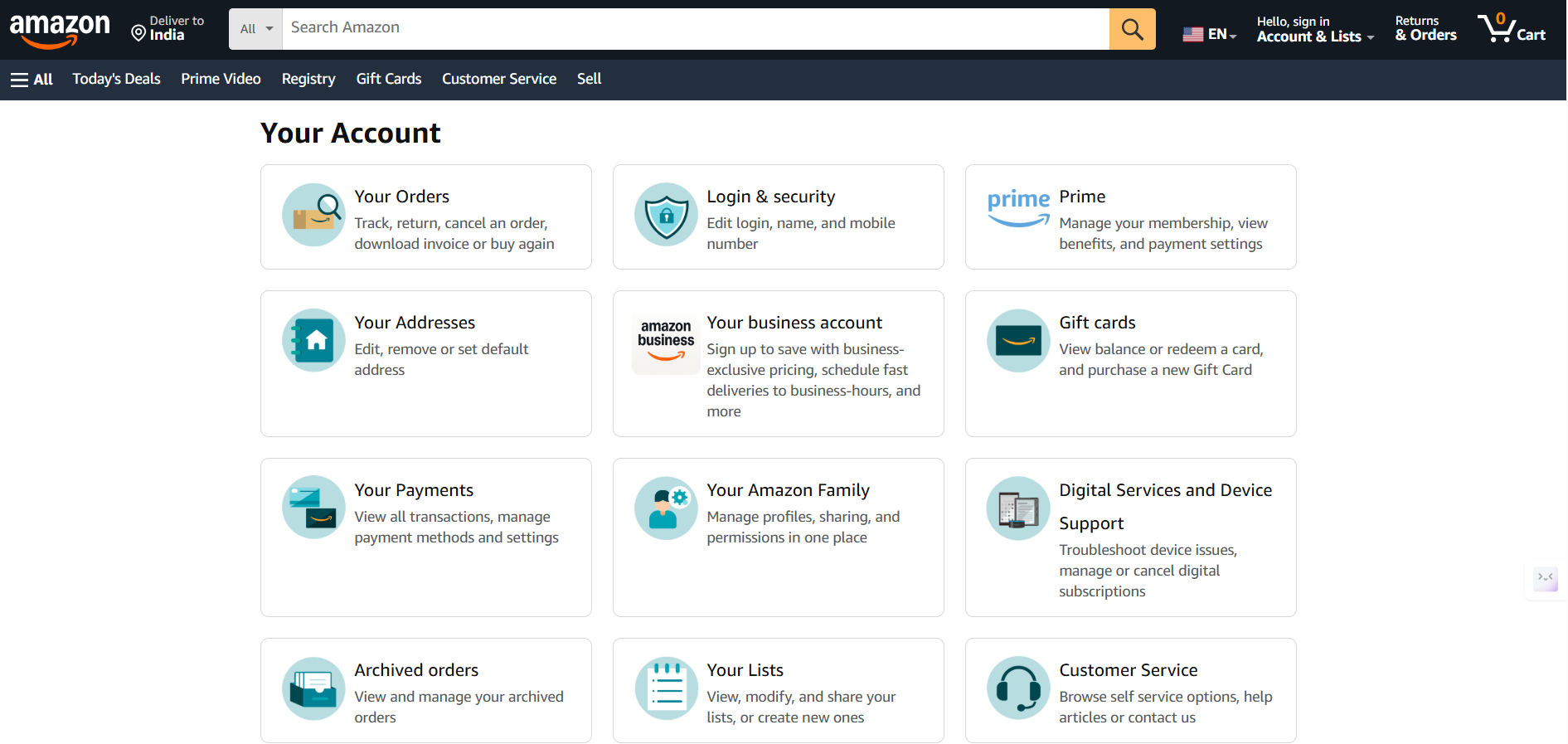
5. Educational Portals
Educational portals are widely used by schools, universities, and e-learning platforms to facilitate academic communication and learning. These web portals' software solutions connect students and teachers through features like virtual classrooms, assignment submission, and course schedules. They're ideal examples of web portals in the education sector.
Features:
- Timetables,
- course materials,
- exam results
Example for portal website: Google Classroom, Moodle, Coursera
Get in touch with our IT services and solutions for Education for education-related services
6. Healthcare Portals
Healthcare portals are secure web-based portals that allow patients to view their medical history, lab results, prescriptions, and appointment details. These online portals promote transparency between healthcare providers and patients and serve as excellent examples of web portals improving healthcare delivery.
Features:
- Secure patient login
- teleconsultation
- reports
Web portal examples: MyChart by Epic, Aetna Member Portal
Get in touch with our IT services and solutions for Healthcare for healthcare-related services
7. Government Portals
Government portals are public-facing internet portal sites that provide access to essential services such as tax filing, document verification, and benefit applications. These types of portals streamline administrative processes and enhance transparency by offering centralized digital services to citizens
Features:
- Service applications
- tax filings
- certificates
Portal website examples: USA.gov, DigiLocker (India)
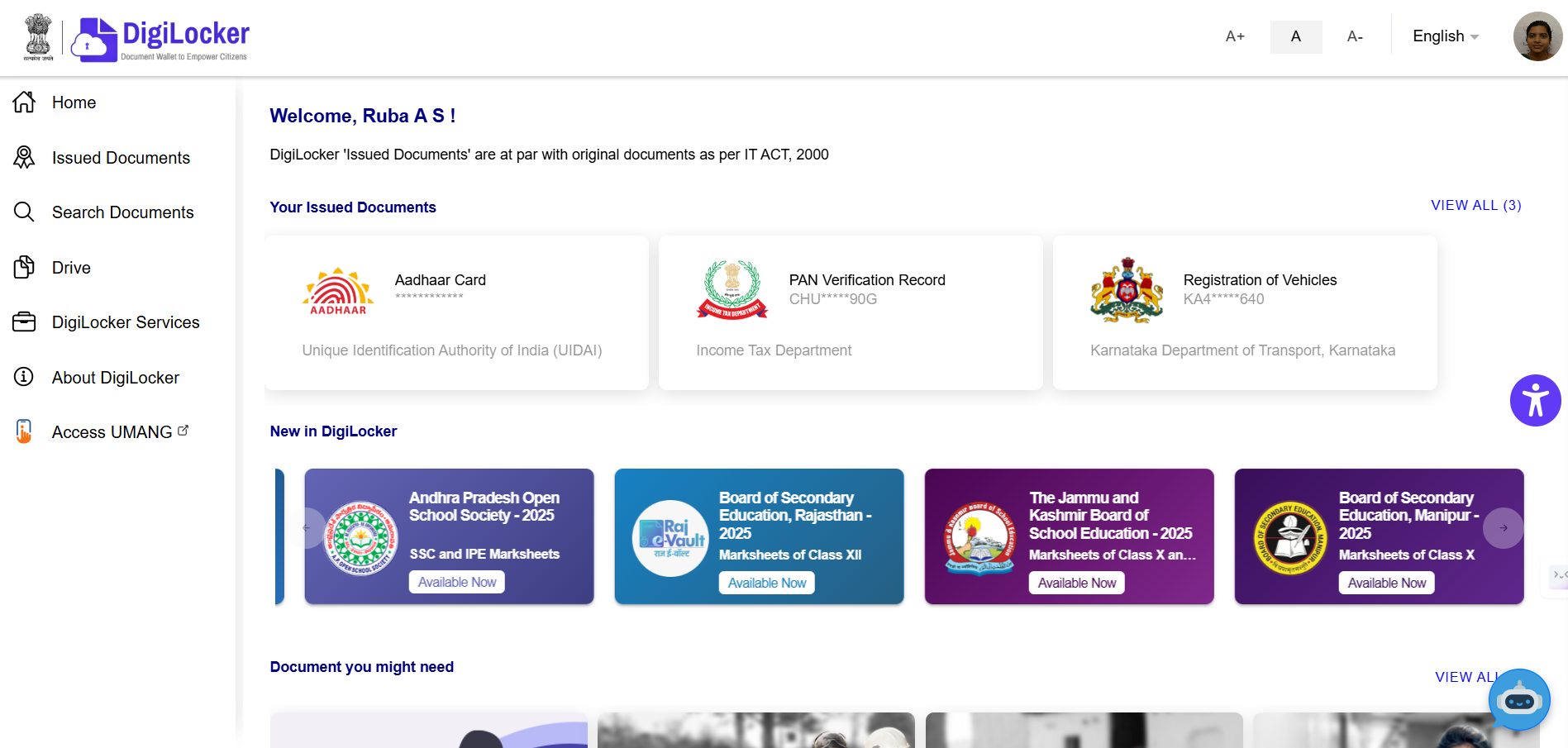
8. Community Portals
Community portals are interactive online portal websites built for forums, hobby groups, or interest-based communities. They support user-generated content, discussion threads, private messaging, and event sharing. This type of web portal fosters engagement and knowledge sharing.
Features:
- User profiles
- discussion boards
- blogs
Sample portal website: Reddit, Stack Overflow
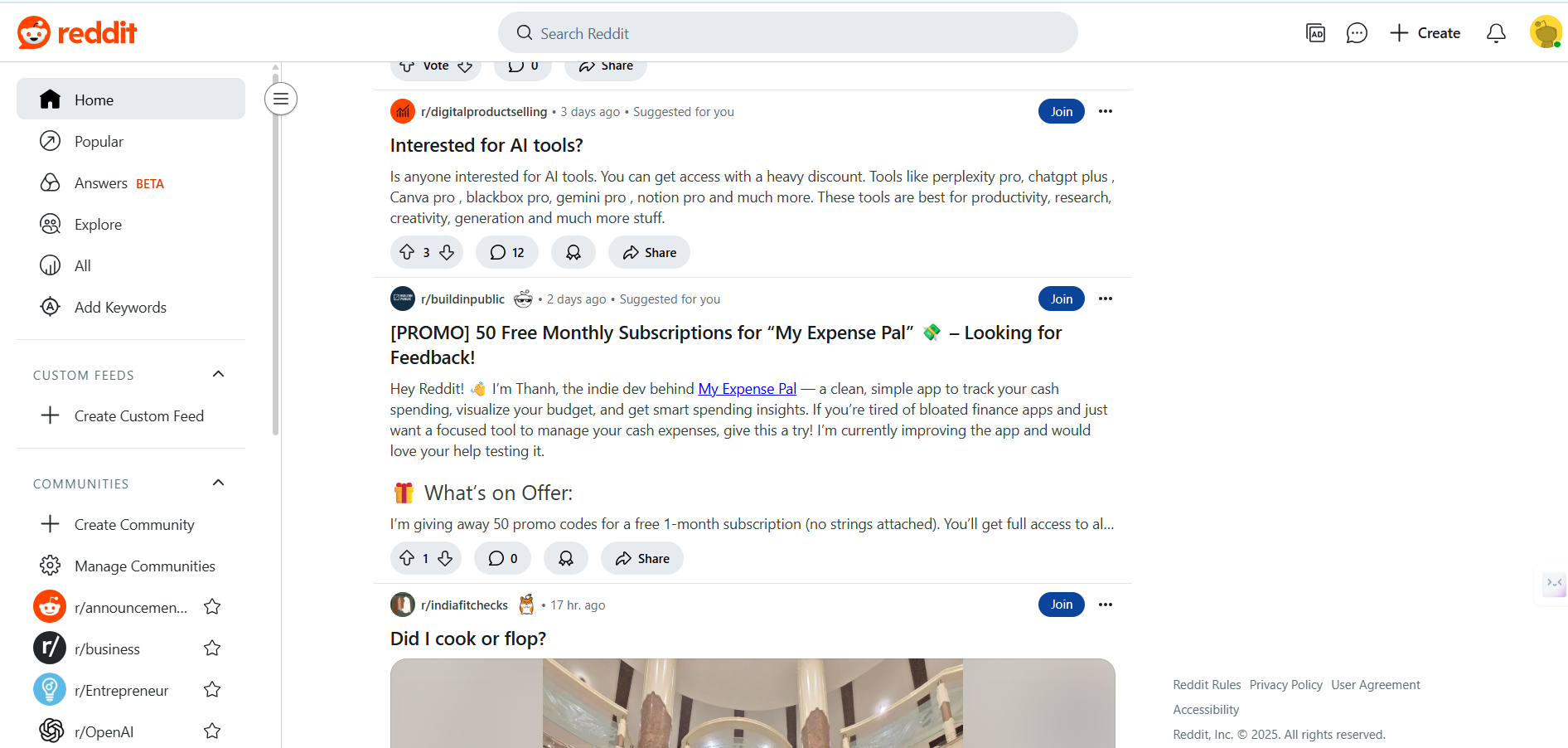
9. Knowledge Portals
Knowledge portals serve as centralized repositories for information such as articles, whitepapers, tutorials, and case studies. These types of web portals are ideal for research institutions, enterprises, or any organization that prioritizes content access and management.
Features:
- Categorized content
- search filters
Online portal website examples: Wikipedia, ResearchGate
10. Self-Service Portals
Self-service portals are a user-friendly type of portal website designed to let customers or employees perform tasks without external help. Whether it's updating account info, resetting passwords, or accessing manuals, these online portals improve efficiency and reduce support tickets.
Features:
- Password reset
- knowledge base
- chatbots
Examples of web portals: Microsoft 365 Admin Center, Self-Service
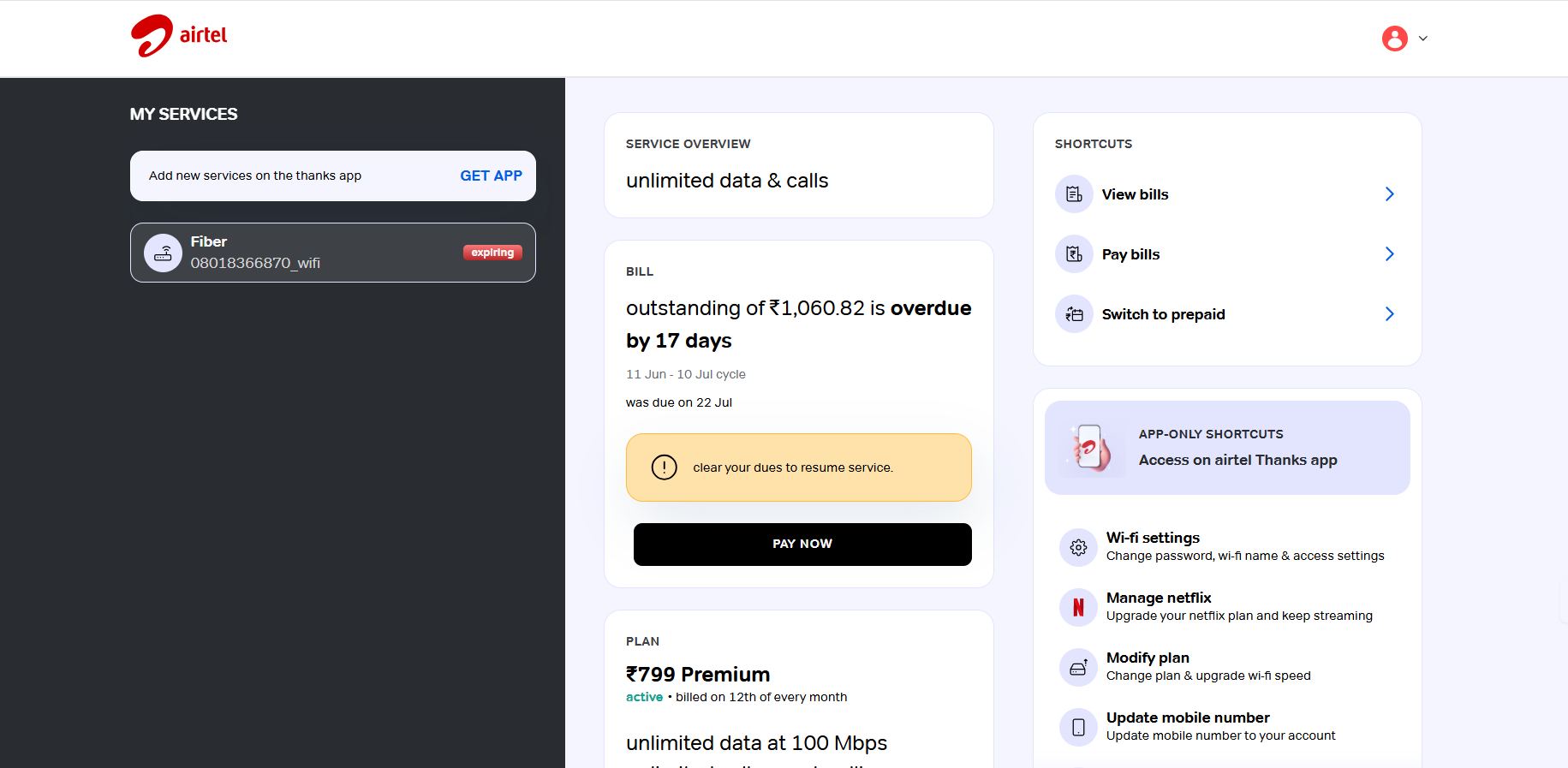
These Blogs Might Help you To Know More!!
Benefits of Using Web Portals
Adopting a web portal solution delivers several advantages:
Streamlined Communication: Teams, clients, or users access the same platform.
Centralized Access: All resources in one place.
Productivity Boost: Self-service reduces time spent on repetitive tasks.
Customization: Tailored interfaces based on user roles.
Whether it's an intranet portal for internal teams or a public-facing internet portal site, the scalability and personalization of portal solutions make them essential to digital business infrastructure.
Choosing the Right Web Portal for Your Needs
When deciding on a portal type, consider the following:
- Who is your audience: customers, employees, vendors?
- What kind of experience should the user have?
- Do you need integration with CRM system, ERP, or other tools?
- Is security and role-based access important?
Each type of web portal serves a different purpose. For example, a customer portal helps in ticketing and order management, while an educational portal is ideal for student and faculty communication.
Conclusion
From online portal websites used by governments to sample portal websites created for educational and healthcare needs, web-based portals have transformed how we interact with digital systems.
If you're looking to create a dynamic and user-friendly portal tailored to your specific audience, choosing the right web portals software is key to ensuring success.
Ready to build your own portal? Get in touch with our custom web portal development expert in Bangalore to turn your vision into a scalable digital solution.











